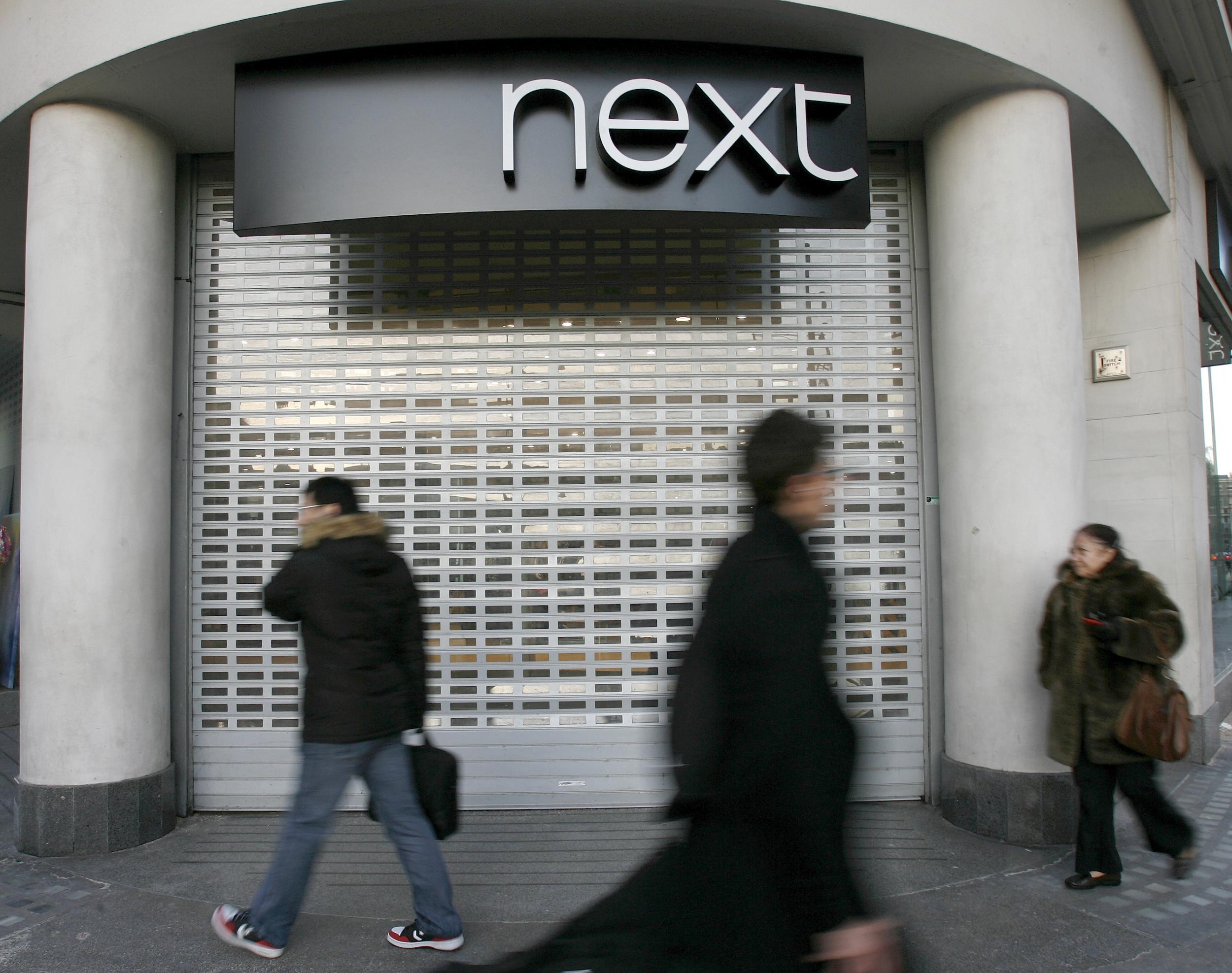Next CEO and Leave supporter says Britain can avoid no-deal chaos
Government’s ramping up of no-deal planning means ‘in the worst case you get mild disruption’, says Lord Wolfson

Your support helps us to tell the story
From reproductive rights to climate change to Big Tech, The Independent is on the ground when the story is developing. Whether it's investigating the financials of Elon Musk's pro-Trump PAC or producing our latest documentary, 'The A Word', which shines a light on the American women fighting for reproductive rights, we know how important it is to parse out the facts from the messaging.
At such a critical moment in US history, we need reporters on the ground. Your donation allows us to keep sending journalists to speak to both sides of the story.
The Independent is trusted by Americans across the entire political spectrum. And unlike many other quality news outlets, we choose not to lock Americans out of our reporting and analysis with paywalls. We believe quality journalism should be available to everyone, paid for by those who can afford it.
Your support makes all the difference.A Brexit deal is much more preferable to an abrupt departure from the EU but, with the right preparations, Britain can avoid no-deal “gridlock and chaos”, according to Lord Simon Wolfson, the head of retailer Next.
Speaking to BBC Radio 4, the prominent Leave supporter said the government is moving rapidly “from the gridlock and chaos camp into the well-prepared camp”, pointing to simplified processes at the UK’s borders as an example.
“I should stress that I would much prefer a deal to no deal, but I am much less frightened by no deal if the government is prepared, and there is every indication it’s taking it more seriously,” he said.
According to Lord Wolfson, that contrasts with the previous government’s lack of no-deal planning.
“They were so scared of no deal they couldn’t allow anyone to admit it could happen. That’s changing and I think that means in the worst case you get mild disruption, in the best case you get a deal.”
Any agreement clinched with the EU will probably be last-minute, he said, citing his own deal-making experience.
“In the vast majority of deals I’ve done, if the deadline is midnight, the deal gets done at 11.55. But we need to have nerves of steel and prepare ourselves for either outcome.”
Although British ports could wave all goods through, Lord Wolfson conceded the government has little influence on what would happen at continental ports. He said Next had already moved all its imports and exports out of Calais to other ports.
Government readiness is also not the same as readiness among businesses.
Less than a fifth of companies surveyed by the Bank of England described themselves as “fully ready” for a no-deal Brexit, the bank’s governor Mark Carney said earlier this month. Three quarters said they are “as ready as they can be”.
“And despite greater preparedness, businesses still expect their output, employment and investment to fall by around 1 to 3 per cent over the next year in the event of no deal,” Mr Carney noted.
Smaller firms are less prepared than larger companies, according to the CBI, a business lobby group, as many of them cannot afford to divert human and financial resources to no-deal planning.
Lord Wolfson’s confidence is at odds with recent warnings from some business groups, including the CBI.
The organisation said last month that if Britain crashes out of the EU, queues at the UK border will be “inevitable”.
And last week Tim Rycroft, chief operating officer at the Food and Drink Federation, said there will be shortages of some imported foods for weeks or months after the October Brexit date.
Join our commenting forum
Join thought-provoking conversations, follow other Independent readers and see their replies
Comments